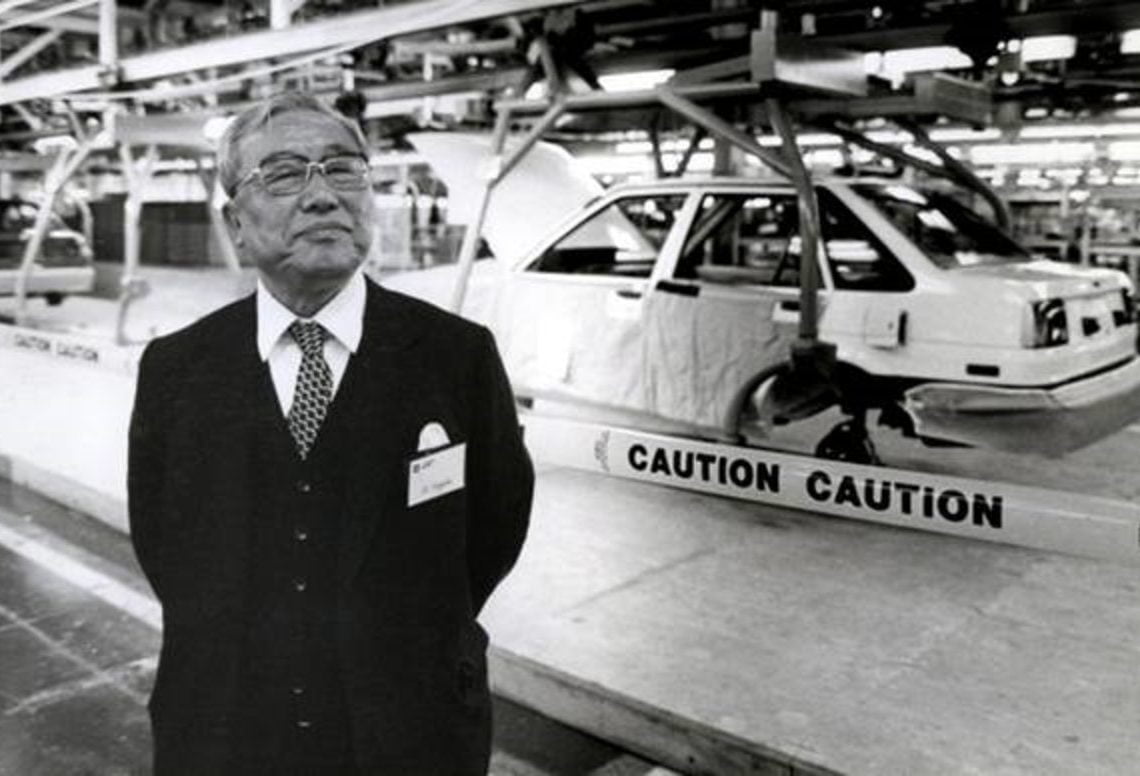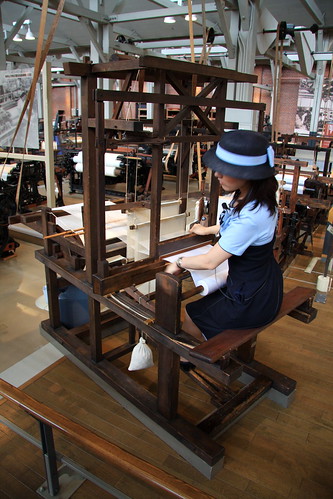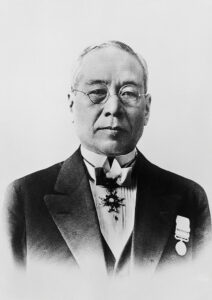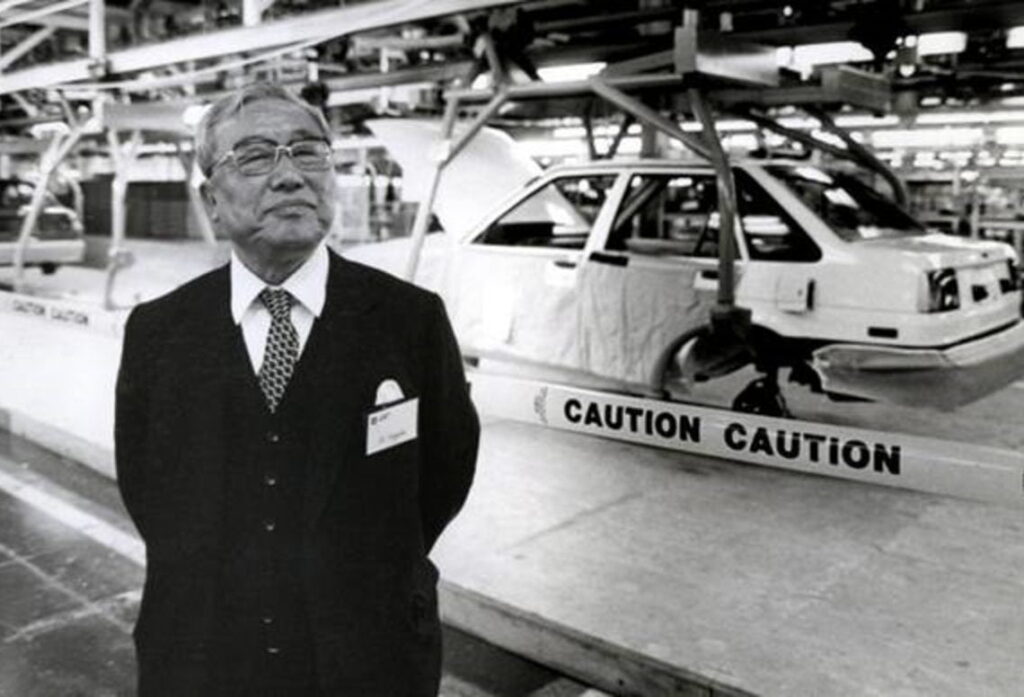
Mejor Explicación: Por qué Toyota es la más confiable de Costa Rica
Japanese automobiles, including Toyota vehicles, are widely recognized for their exceptional reliability, minimal upkeep requirements, and superior engineering. But what accounts for this stellar reputation? Part of the answer lies in the Japanese mindset and the corporate culture of Japanese companies. Both prioritize excellence and refuse to settle for anything less than the best, as doing so could tarnish their reputation. Ultimately, it is consumers like us who reap the benefits of this commitment to quality. Toyota, originally an extension of the Toyoda Automatic Loom Works, ventured into automotive production in 1933 under the leadership of Kiichiro Toyoda, the son of the company’s founder, Sakichi Toyoda.
Threading Quality from the Start

During World War Two, the newly established automotive division of the Toyoda family business experienced significant expansion by supplying trucks to the Imperial Japanese Army. Following the war, Japan faced challenging circumstances, grappling with economic downturns and post-war recovery efforts. However, Toyota encountered a fortunate turn of events when the Korean War erupted, providing an opportunity for the company to thrive once again. The United States, a prominent figure from the victorious side of World War II, placed an order for 5,000 trucks from Toyota, facilitating the company’s reconstruction and growth.
High Structure of Japanese Culture
Understanding the Japanese corporate culture requires insight into the role and nature of large industrial entities within modern Japan, rooted in its historical context. Japanese society is characterized by politeness, yet it operates within a highly structured and regimented framework. This structure has its origins in chartered governance practices dating back to the 1600s when family-owned holding companies emerged to meet the diverse material needs of people and administrations across Japan’s prefectures. Over time, these entities, known as zaibatsus, grew in size, wealth, and authority, establishing close ties with the Japanese military and government at local and eventually national levels. While Toyota never operated as a zaibatsu, it belongs to the keiretsus that succeeded them in the aftermath of World War II.
Devotion to Team
Devotion to the company has always held significant importance among Japanese employees and continues to do so today. From workers on the factory floor to top-level management, everyone endeavors to achieve and maintain peak performance. This involves meeting or surpassing deadlines, exceeding quality standards, and going the extra mile to ensure the company’s prosperity, all while demonstrating respect. Pride and discipline serve as strong motivators for Japanese automotive workers, exemplifying the work ethic prevalent among Toyota engineers, executives, and production line staff. It’s common for salarymen to work exceptionally long hours, often spanning 16 to 18-hour days. Following such demanding workdays, it’s customary for them to accompany their bosses for a night out, which may include dining at multiple establishments and indulging in activities like drinking, smoking, and consuming exotic cuisine. While this may sound like a scene from a comedic sketch, it’s not far from reality and underscores the immense importance the Japanese place on precision and excellence. This dedication is reflected in Japanese engineering practices, which prioritize the standards and quality for which Toyota and other Japanese automakers are renowned. However, the intensity of this commitment comes at a cost, as evidenced by the phenomenon of “karoshi,” or death by overwork, highlighting the sacrifices made by these individuals to ensure the reliability of products enjoyed by consumers worldwide.
Endless Pursuit of Precision

On a global scale, Toyota operates its own training and professional development initiatives, including engineering apprenticeships. Through these programs, the company endeavors to uphold and enhance the quality of both its processes and the final products. A key aspect of these efforts is the cultivation of engineers and technicians who view perfection not as an abstract goal, but as a tangible standard to be attained.
During the evolution of the automotive industry and beyond, Japanese manufacturers often started by emulating American and British engines and transmissions, refining them before integrating the lessons learned into their own unique designs. Central to this approach has always been an unwavering commitment to precision and accuracy. While components in British automobiles might allow for a considerable operating tolerance and feature adjustment knobs on the dashboard, Japanese engineering aimed for exactness down to the finest increments, ensuring consistent quality. This meticulous attention to detail distinguishes Toyota and other Japanese automakers from their competitors worldwide, evident in their products’ reliability and durability.
Meticulous Commitment to Quality

Toyota’s origins trace back to the manufacturing of looms, laying the foundation for its expansion into the automotive industry. Remarkably, even as the company ventured into car production, its roots in textile machinery persisted. Presently, Toyota continues to produce textile manufacturing equipment, sewing machines, robotics, boats, and an array of other products. The symbiotic relationship between car manufacturing and sewing machines is intriguing.
What’s noteworthy is Toyota’s consistent approach across its diverse product lines. Whether crafting automobiles or sewing machines, the company adheres to the same ethos: meticulous attention to detail and an unwavering commitment to absolute quality. This shared philosophy underscores Toyota’s reputation for reliability and durability in the automotive realm.